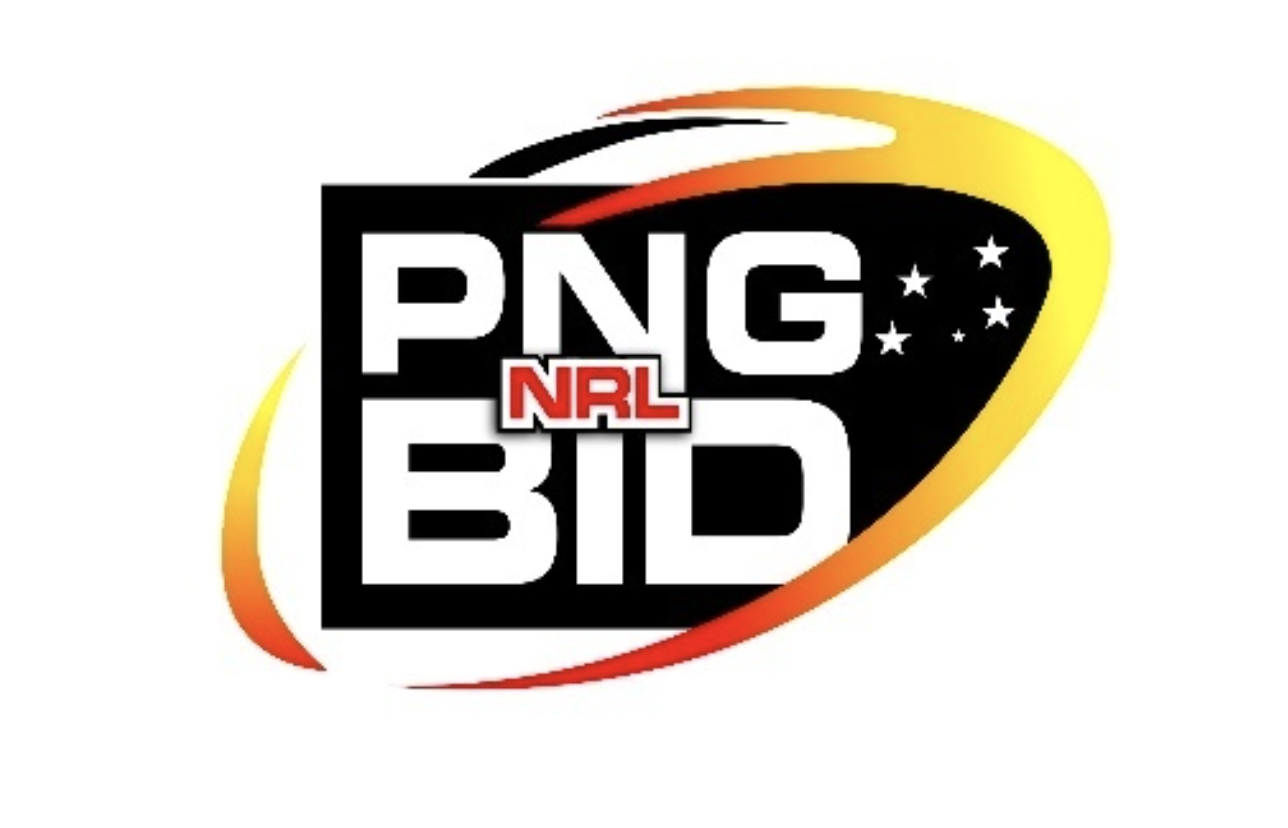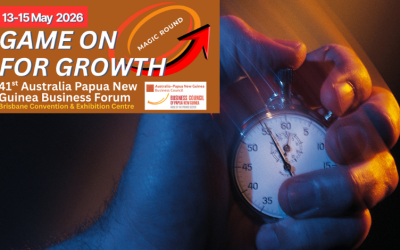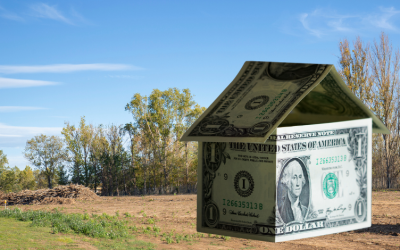Papua New Guinea (PNG) is accelerating its efforts to secure a National Rugby League (NRL) team, a move with far-reaching implications for the country’s infrastructure and economic growth. Prime Minister James Marape has expressed optimism about the nation’s bid to join Australia’s premier rugby league competition, which could see PNG become the first Pacific Island nation to field an NRL team.
This push is part of PNG’s broader strategy to raise its international sports profile and drive significant domestic infrastructure development. Securing an NRL team would involve constructing state-of-the-art sports facilities and implementing advanced training programs, which in turn would open up numerous opportunities for both local and foreign businesses, especially those from Australia. Construction companies, sports management firms, and marketing agencies are likely to find substantial opportunities in the build-up to PNG’s NRL bid, leading to economic stimulation and job creation.
The development of world-class sporting infrastructure, particularly stadiums and training centres, is expected to have a ripple effect on the local economy. Job creation in the construction and service sectors will provide an economic boost, while the tourism sector will likely benefit from increased interest in PNG from rugby league fans across the Pacific and beyond.
Additionally, PNG’s bid is strategically aligned with the government’s aim to position the country as a key player in the region’s sports scene. Hosting NRL matches could increase PNG’s visibility on the global stage, potentially opening doors for other international sporting events and further boosting its tourism industry.
For Australian firms, this is more than just a sporting opportunity. It offers a chance to contribute to the development of PNG’s sports infrastructure while expanding their commercial footprint in the Pacific. With PNG’s close ties to Australia, the project is set to further solidify the partnership between the two countries, while showcasing PNG’s potential to deliver on large-scale international ventures.
Prime Minister Marape has highlighted the broader economic and social benefits of the plan, stating that the development of sports facilities and the NRL bid will not only energise PNG’s sporting landscape but will also foster long-term economic growth, particularly in urban development and the service industry.
This historic venture, if successful, will position PNG as a sporting leader in the Pacific, with benefits extending far beyond the rugby field.



